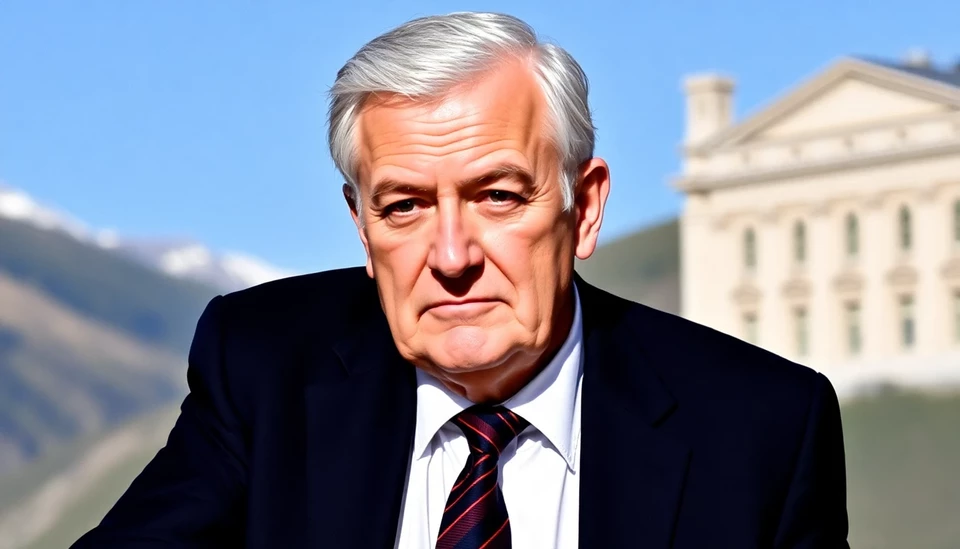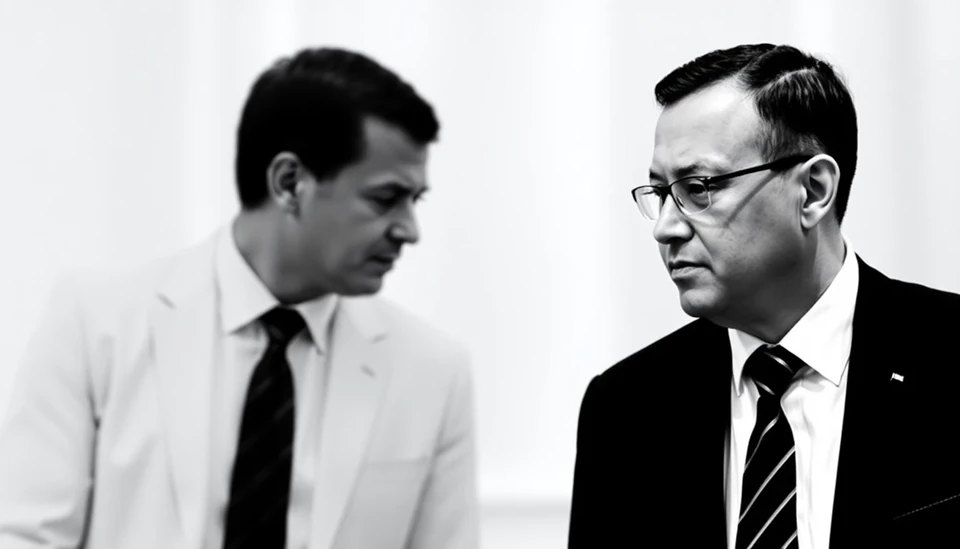
In a dramatic turn of events, the family of Trafigura’s founder, Claude Dauphin, has vocalized strong objections regarding the Swiss trial concerning allegations of corruption related to oil trading. The trial, which has garnered significant attention within corporate and legal spheres, has prompted the family to argue that the proceedings exhibit blatant injustices that undermine the integrity of the Swiss judicial system.
The trial primarily revolves around alleged acts of bribery involving a former official from the West African nation of Angola during negotiations over oil contracts. The accusations against Trafigura, one of the world's largest commodity trading firms, have intensified scrutiny on the practices employed within the competitive and often opaque realm of commodity trading.
The family’s condemnation of the trial emerged shortly after the preliminary hearing commenced, where they expressed their concerns about non-transparent legal proceedings and the potential targeting of the company's leadership based on flimsy evidence. They believe that these developments may set a troubling precedent in how corporate entities are treated under the law, especially given the reputational capital at stake in these types of high-profile cases.
In a statement released to the media, the family insisted that the charges against their late father and Trafigura's business practices should not overshadow the company’s significant contributions to the economy and the jobs it has created throughout its operation in various countries. They have called for a more temperate assessment of the actions in question, advocating for a fair trial that upholds the principles of justice rather than succumbing to public outcry from anti-corruption advocates.
The reaction from the broader financial and legal communities has been mixed. While some observers sympathize with the Dauphin family's stance, others argue that the trial is a vital step toward enhancing accountability in global commodity trading. This dichotomy highlights the complex interplay between corporate actions and legal frameworks in different parts of the world.
As the proceedings unfold, it remains to be seen how the jury's deliberations will unfold and what implications they may carry for Trafigura. The company stands firm on its commitment to compliance and transparency and hopes that the truth will prevail in the face of these serious allegations.
The family's appeal to the public and judicial system emphasizes a broader issue: the essential balance between rigorous legal scrutiny and fundamental fairness in trials involving prominent corporate figures. As the case progresses, it further raises questions about the treatment of multinational corporations within varying legal jurisdictions and the challenges they face while navigating corruption accusations.
In light of these developments, many will be closely watching to see how this case progresses and the long-term implications it may have not only on Trafigura but also on the future of corporate governance in the commodity trading sector.
As the trial continues to make headlines, it becomes imperative to follow not only the legal intricacies involved but also the ethical considerations that surround business practices globally.
#Trafigura #ClaudeDauphin #SwissTrial #Justice #CorruptionAllegations #OilTrading #CommodityTrading #LegalSystem #CorporateGovernance
Author: John Harris
